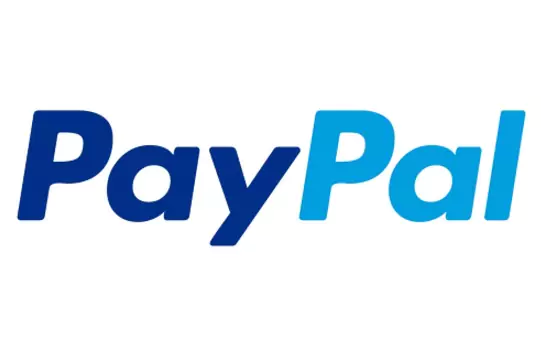Islamabad, January 7, 2024 – Pakistan has taken a significant step forward in facilitating its freelancers by allowing them to receive payments through PayPal.
The announcement was made by the Caretaker Federal Minister for Information Technology and Telecommunication, Dr. Umar Saif, in a video message on Sunday.
Freelancers in Pakistan have long advocated for access to PayPal, a widely used platform for online transactions. Although PayPal itself is not directly entering the Pakistani market, a breakthrough agreement has been reached. Under this arrangement, remittances will be channeled through PayPal via a third-party intermediary.
Dr. Umar Saif clarified that freelancers will not be required to open a PayPal account. Instead, individuals outside the country will make payments from their PayPal accounts, and the funds will be swiftly deposited into the freelancers’ accounts. This development is expected to simplify the payment process for freelancers, addressing a longstanding demand within the community.
The minister also shared insights into Pakistan’s evolving space policy, emphasizing that international companies would be permitted to provide communication services through low-orbit communication satellites. He highlighted the advancements in satellite communication technology and noted that the private sector worldwide was keen on offering communication services through low-orbit satellites due to reduced latency.
Dr. Saif explained, “Satellites used to be geostationary, far away from the land. They are useful for broadcasting TV signals but communicating is difficult because there is latency.” With the advent of low-orbit satellites, communication and internet services can be provided more efficiently, bringing the technology closer to the end-users.
Under the National Space Policy, private-sector companies will be enabled to offer affordable internet services in Pakistan. This move is expected to not only enhance connectivity but also attract increased investment in the national space program.
Expressing confidence in the country’s technological progress, Dr. Saif announced plans for the launch of 5G services by July of the current year. He mentioned the need to enhance the optic fiber network before the 5G launch, with only 6,000 mobile towers currently connected out of 56,000 towers nationwide.
To further boost the information technology sector, Dr. Saif detailed a collaborative effort to revamp IT education in universities. In partnership with the Higher Education Commission, National Computing Accreditation Council, Examination Testing Council, Pakistan Software Export Board, and Pakistan Software Houses Association, around 31,000 students have registered for a test. Successful candidates will be offered jobs through the Industry Placement Programme.
In a bid to support freelancers and startups, the government also announced the initiation of a project to establish 10,000 e-Rozgar centers across the country. These centers will be equipped with the latest facilities, providing a conducive environment for freelancers to thrive.
Dr. Saif concluded by highlighting the government’s efforts to bolster the exports of the IT and telecom sector. He revealed that while the sector’s official export is currently $2.6 billion, the actual figure is around $5 billion. This discrepancy arises as a significant portion is parked outside the country to cover salaries of international employees and monthly expenses for cloud hosting, marketing, and sales on platforms like Google, Amazon, LinkedIn, and others.
